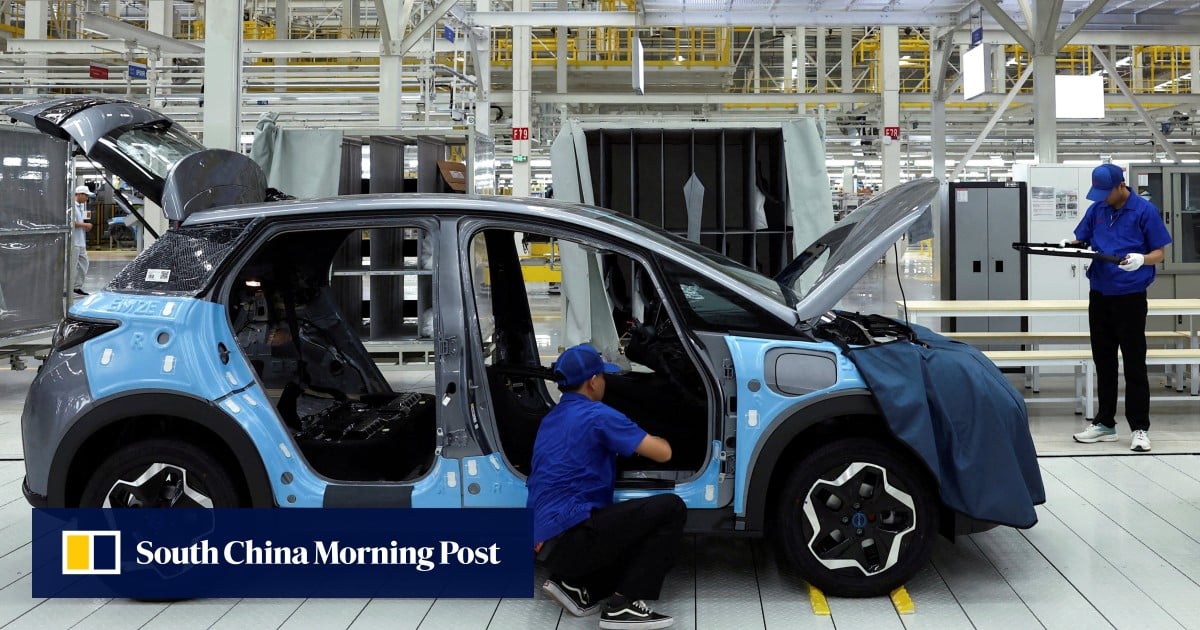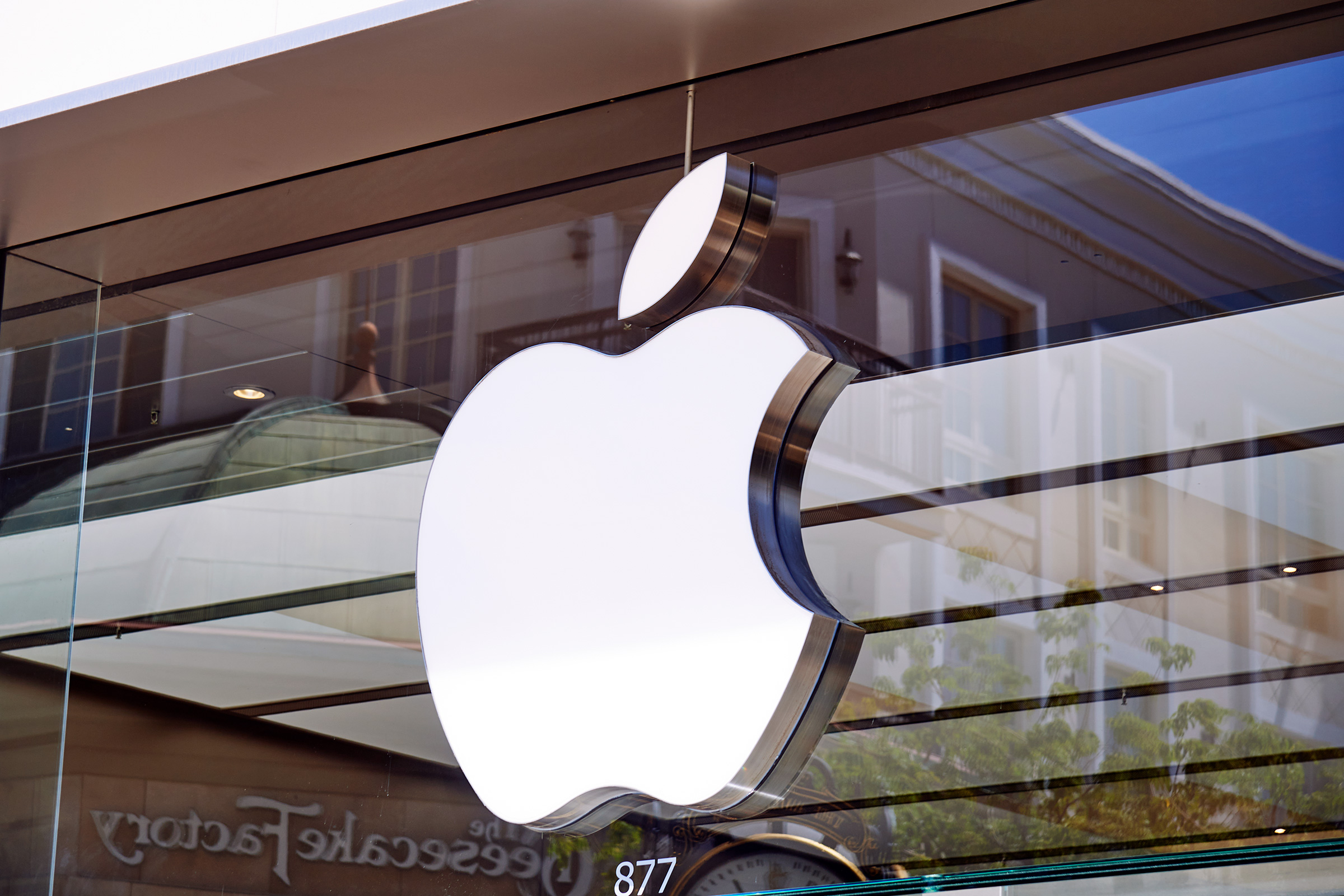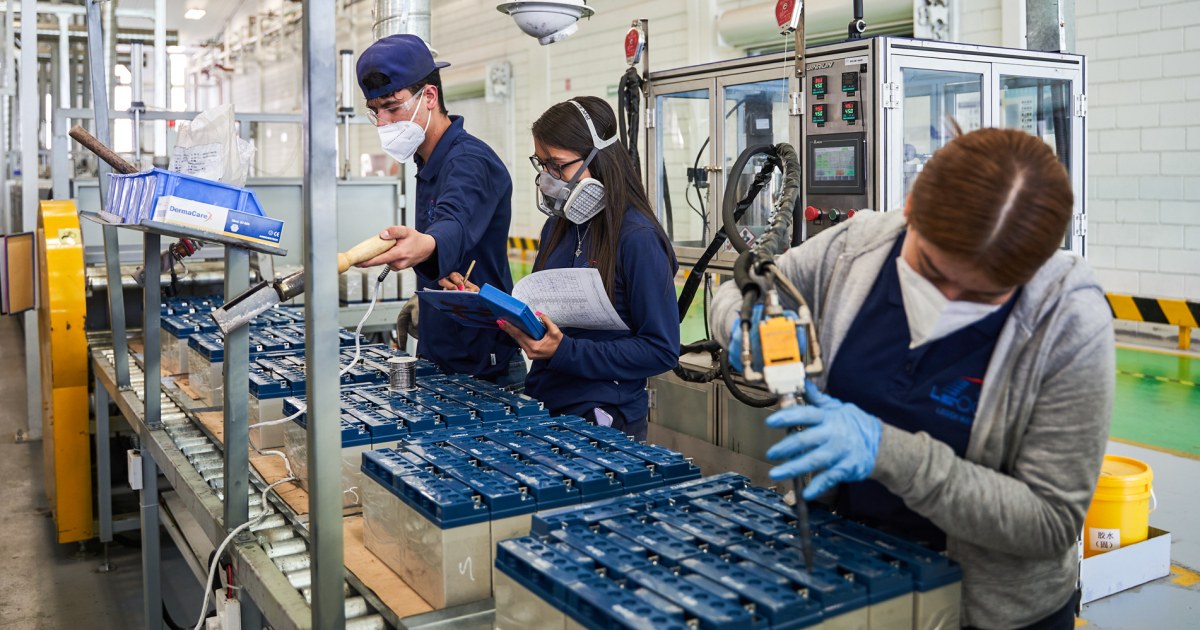Indian diaspora in US top contributors in politics, economic growth & tech

The Indian diaspora represents a dynamic network of 5.1 million people including 2.8 million first-generation immigrants (Photo: Shutterstock)
Kamala Harris’ presidential run against the Republican Grand Old Party (GOP) has brought the numerically small but high-achieving Indian diaspora in the US under the spotlight.
Kamala Harris’ mother, Shyamala Gopalan, embodies the spirit of the Indian diaspora in the US. Arriving in the US in the late 1950s, she took a bold step into a new world, driven by her belief in education and pursuit of opportunity. Gopalan’s legacy is one of resilience, shaping her daughter into a leader who stands as a testament to the contributions of the Indian-American community.
Today, Indian Americans are increasingly being nominated to senior public service positions, occupying over 4.4 per cent of the positions while the diaspora makes up a mere 1.5 per cent of the US population, as per the latest Impact Report by Indiaspora, a US-based non-profit organisation.
The diaspora’s influence, spanning from leadership roles in businesses to driving economic growth has been remarkable in recent years. Annually, they contribute $300 billion in tax revenues to the US federal treasury.
Sixteen of the Fortune 500 companies are currently led by chief executives of Indian origin, managing enterprises that generated around 978 billion in revenues and employing 2.5 million people across the globe.
Contributions as CEOs and unicorn founders
The tale of the Indian father who spent a year’s salary to buy his son a ticket to the United States to pursue a master’s degree from Stanford is widely known. Fast forward three decades, the enterprising talent who set on an audacious journey is now a tech pioneer or chief of one of the five largest companies globally. Google boss Sundar Pichai has served as a trailblazer for the long list of Indian diaspora.
Around 72 unicorn startups out of 648 in the US are led by Indian-origin founders employing over 55,000 people in the US, according to the latest Indiaspora Impact report. This makes up 11 per cent of the total unicorns in the country. Startups like Rippling and Lacework are stories of tech and serial entrepreneurs who created niches for the world. Another example is Cambridge Mobile Telematics, a company that uses AI to gather data from millions of devices to enhance the safety of drivers on US roads. Innovacer is a Silicon Valley startup that is leveraging healthcare data through analytical tech and helping the US to save more than a billion dollars in healthcare costs.
Journey of academic pursuit to corporate success
India has emerged as a net exporter of talent and US, has conventionally been a land of multitude of opportunities. Not surprisingly, Indians make up 25% of the international students in US universities. Around 270,000 Indian students from top academic institutes in India bring their unique perspectives and academic prowess to those universities.
In a trend reflecting the globalised era, a significant number of Indians pursue advanced degrees in the US following their undergraduate studies in India. This academic trajectory equips them with the skills and attributes necessary to thrive in a competitive global market.
Consider Satya Nadella, who, during his tenure at Microsoft, pushed for significant shifts to cloud computing and AI while also fostering a more collaborative, innovative company culture.
This hasn’t been a one-way street alone, however.
Approximately 20 per cent of Indian unicorns and many startups have co-founders who have leveraged US higher education into successful business ventures. PhonePe, one of India’s top fintech firms have founders stem from US education. The founders Rahul Chari, Burzin Engineer, and Sameer Nigam earned their graduate degrees from US universities and returned to India to join Flipkart before founding PhonePe in 2015. Today, a pre-money valuation of PhonePe is a whopping $12 billion.
Cultural impact of the Indian diaspora
The Indian diaspora represents a dynamic network of 5.1 million people including 2.8 million first-generation immigrants. Their impact extends beyond contributing to the country’s economic growth, significantly influencing American culture — from cuisine to cricket.
Around 60 per cent of all US hotels are owned by the Indian diaspora driving $700 billion in hospitality revenue and creating four million jobs. A significant number of them serve Indian delicacies.
Until the mid 1990s, it was quite a task to come across a good Indian restaurant chain in the US. Most food joints were independently owned by local establishments then. But as the desire for a taste of home grew, the landscape began to shift. Indian restaurant chains have proliferated across the United States, with multiple locations now found in California, New Jersey, New York, and Texas. Curry Up Now, Chutneys, The Butter Chicken Company, Rangoli Grill, Twisted Indian Wraps, and Honest have become familiar names in the US now.
Cricket is now officially part of the 2028 Olympics Games which would be hosted in Los Angeles. For the first time since 1900, cricket will be a part of the Olympics.
It is no surprise how yoga has propagated as an important regime across the globe. The US is no exception. One in 10 US citizens were said to practice yoga in 2023.
Indo-US corridor for mutual growth
The Indo-US corridor has also served as a crucial axis of global commerce. Import of US goods grew to $51 billion in FY23, pointing to a large market for US products in India. Likewise, exports of Indian goods and services to the US reached $79 billion and $33 billion respectively in 2022.
Growth has also been observed in investments and FDI equity inflows between the two countries. As of 2023, Indian companies have invested a cumulative $40 billion in the US leading to the creation of 426,000 jobs.
The US also served as a top source of remittances to India, with around $26 billion in 2022-2023. These funds provide a crucial boost to the Indo-US economy, both balancing ledgers and fueling innovation and development.
First Published: Aug 23 2024 | 5:22 PM IST
Related
What is RedNote – the Chinese social media app TikTok…
Chinese social media app RedNote has quickly become the most downloaded app on the Apple's US App Store in recent days, ahead of a potential US ba
US bans Chinese and Russian tech in smart cars, citing…
The Biden administration has finalised rules effectively barring the sale of smart cars containing Chinese or Russian technology in the US market, a last push b
EU is rethinking investigations into US tech giants ahead of…
The European Commission is reassessing investigations of tech giants, such as Apple, Meta, and Google, as these companies urge President-elect Donald
US-China tech war escalates with new AI chips export controls…
The Biden administration’s final major policy move landed this week with a significant impact on global AI, as it unveil











